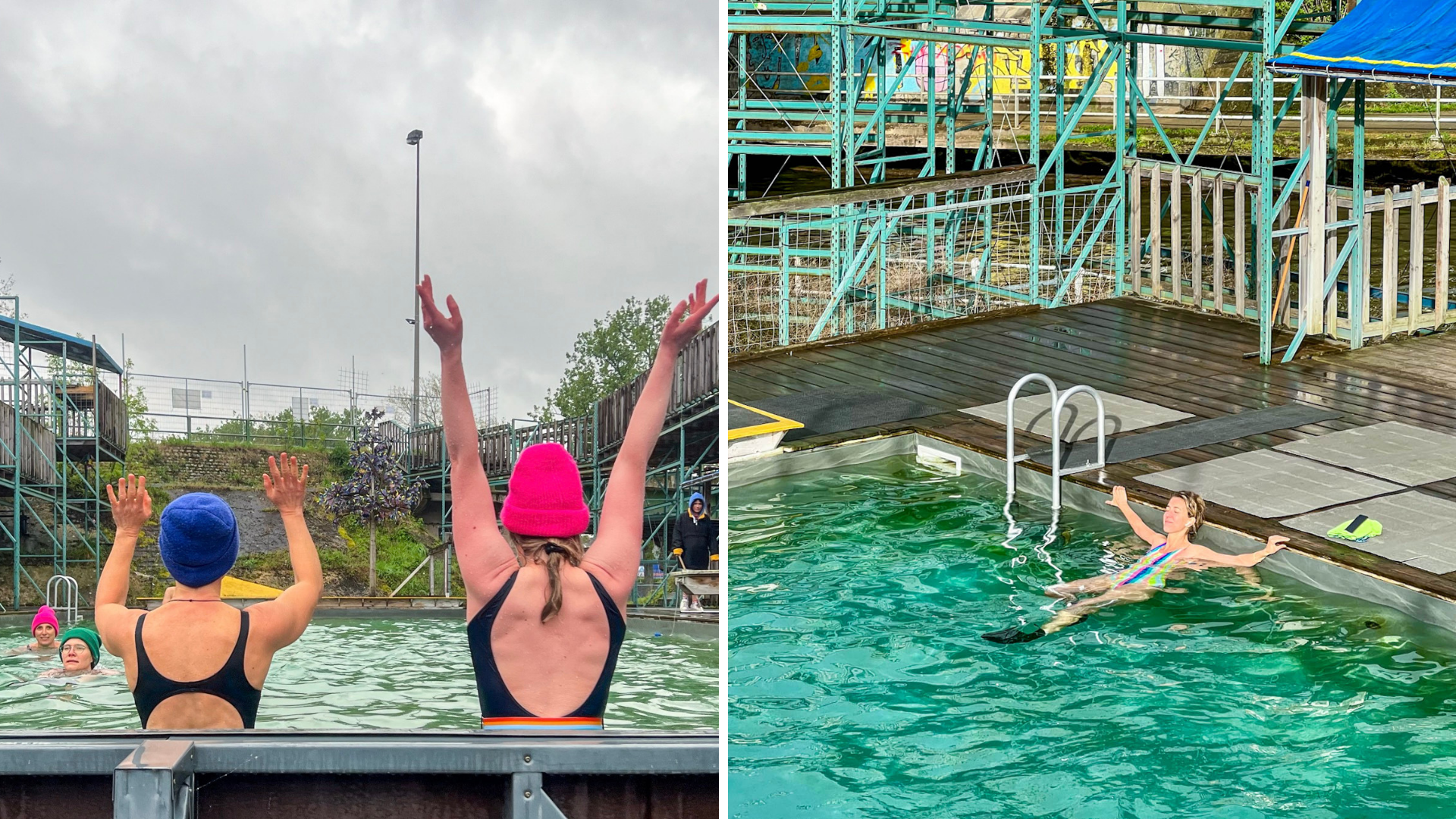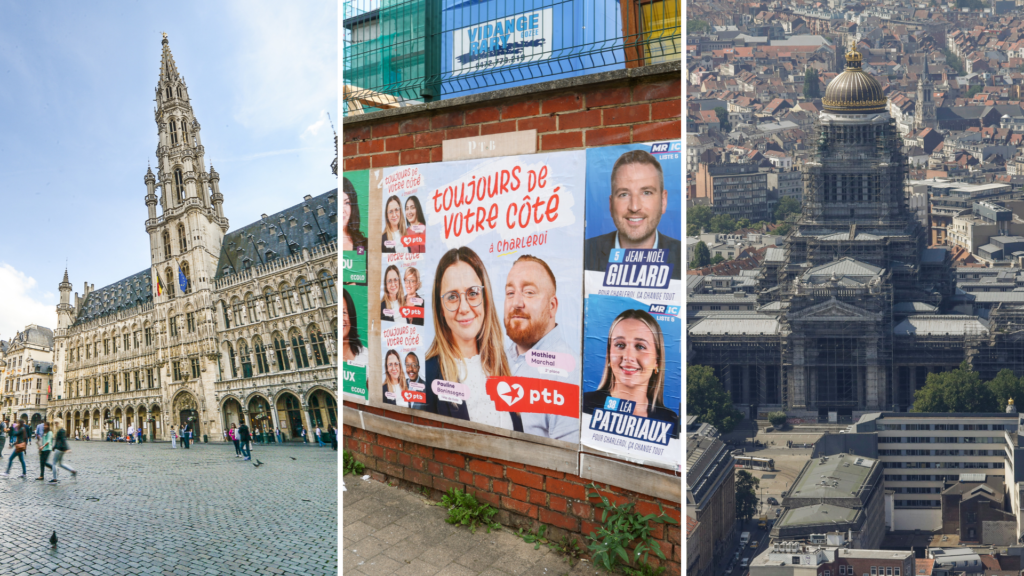The dust has yet to settle after the national and regional elections Belgium held in June. Though Flanders has now joined Wallonia in forming a government, for both the Brussels region and the Federal Government, things are still up in the air.
Nor will they be resolved too soon. As in a bumper year for Belgian democracy, municipal elections coincide with the casting of votes for national and regional governments. Not only has this made Belgian polling stations unusually active, it has also illuminated the interplay between different levels of governance.
Federal negotiations have been put on the back burner as parties turn their attention to winning seats in communes. As June produced some unexpected trends – the rise of the centre-right francophone MR, woeful results for the green parties, extreme right Vlaams Belang denied their projected triumph – the swift event of local elections can serve as a second referendum on pivotal political questions.
But unlike the elections in June, the municipals put issues that affect residents front and centre of the debate. Granted, it's a small country but one that packs in a huge amount of diversity. Belgium has 581 communes in total; in Brussels there are 19. Of course there are common challenges, but how they are met varies greatly.
You can take my word for it, as the Brussels Times team has pored over the manifestos of each party in each commune – in all, 124 campaign priorities that impact directly the daily affairs of people moving through this European capital. Together, this Local Elections Guide digs into the flaws of the city, its problem zones, neighbourhood nuisances, citizens' concerns and the measures that might, for better or worse, address them.
See Brussels in all its granular glory, not just a battleground where warring politicians apply opposing ideologies to issues of public transport or housing, but a public space evolving of its own accord. Or to be more precise, under the influence of the people living there rather than those making decisions from afar.
Sunday 13 October also gives non-Belgians a chance to have their say in how their commune is governed – an important swathe of the Brussels electorate, though most of the 310,000 internationals here have not signed up to vote.
So who best represents your concerns? Here's where to find out.
Belgium in Brief is a free daily roundup of the top stories to get you through your coffee break conversations. To receive it straight to your inbox every day, sign up below:
1. Brussels Local Elections guide: Commune by commune
Ready for Belgium's municipal elections on 13 October? Find out which parties are running in your commune and what they stand for here. Read more.
2. Brussels’ only open-air pool opens for cold-water swimming season
Last winter dozens of people braved the cold water, even it iced over. This year it will also open on Tuesday and Friday evenings. And there's a sauna. Read more.

3. Belgium is the only European country not to meet wind energy target
Of the ten European countries that have set themselves a target, Belgium is the only one at risk of missing it. Read more.
4. Big batteries get ready to do business
Storage will make or break the energy transition. Thankfully, the sector is facing up to the challenge. Read more.
5. Brussels votes on postponing stricter LEZ with government talks on hold
The Brussels Parliament is voting to postpone the tightening of Low Emission Zone (LEZ) standards in the Belgian capital by two years on Friday. Read more.
6. What to do in Brussels this weekend: 4 – 6 October
From feminist and food-focused film festivals to Brussels' first major event dedicated to tea and a look behind the architectural scenes, here's what to do this weekend. Read more.
7. The radical hopeful mayor with his eyes on Molenbeek
For Brussels, Dirk De Block does not believe "in a slick middle-class city" but one for everyone. Read more.

